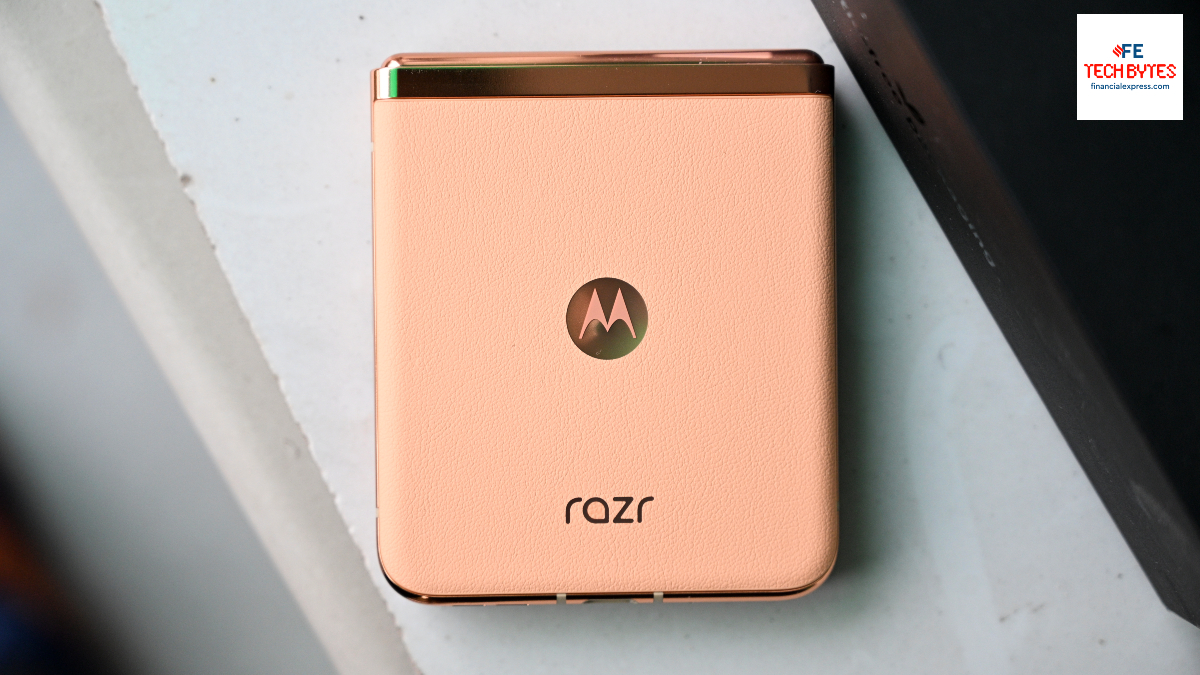In a marked departure from past Rail Budgets, the NDA government, in its first year, has refrained from announcing a bouquet of sops, focussing instead on measures like private investments ? both domestic and foreign ? to bring the Railways back on track.
Having already effected a 14.2 per cent increase in passenger fares and 6.5 per cent increase in freight rates last month, no fresh revision of fares was announced. Instead, the government proposed private and Foreign Direct Investment (FDI) and Public-Private-Partnership (PPP) to meet the resource crunch.
Presenting his first Rail Budget on Tuesday, Railways Minister D V Sadananda Gowda said the FDI policy will be tweaked to allow foreign investors to park their money in the rail sector. The hitherto unremunerative PPP policy will also be changed to make it more attractive for private companies. The minister uttered the term ?PPP? 12 times in various contexts related to increasing earnings.
Setting the tone at the onset of his speech, Gowda said the manner in which the Indian Railways has been governed would not work anymore. In a scathing criticism of his predecessors, he said Railways? investments had been ?misdirected? and the ?tariff policy adopted lacked rational approach?.
He made it clear that since the department does not have any funds, he had decided to go for a ?near Plan holiday?. ?I am sure my esteemed predecessors were aware of this precarious situation. But they, however, fell prey to the nasha (intoxication) of claps in the House when they announced these projects,? said Gowda.
The government did not announce any new projects. Instead, funds have been allocated for ongoing projects which are either in advanced stages of completion or are required for capacity building. Thirty such projects needed for capacity augmentation have been listed, for which the Railways has set aside Rs 2,200 crore. These do not include the works accorded ?national project? status, funded through gross budgetary support. There are a total of 362 ongoing projects.
The number of surveys for new lines has been restricted to 18, doubling and gauge conversion to only 10 lines. However, Gowda announced 58 new trains, over and above the new trains already announced in the Interim Budget in February.
The Plan outlay of Rs 65,445 crore, an increase of Rs 6,086 crore over the revised estimates of Rs 59,359 of 2013-14, is the highest ever. The allocation to sanitation-related activities has been hiked by 40 per cent and safety-related upgrade by 12 per cent over the previous budget.
Signalling internal reforms, Gowda indicated that the Railway Board may see structural changes as its current structure is ?unwieldy?.
?It is unheard of ? a business that has a monopoly, that has a nearly 125 crore customer base, that has 100 per cent sale on advance payment, but (is) still starved of funds,? said Gowda. He said he had heard this said ?by someone?, but did not understand its full meaning till he took a look at the Railways? books.
While the operating ratio (money spent to earn every Rs 100) deteriorated to 93.5 per cent by the end of 2013-14 fiscal, the Railways Ministry hopes to achieve an operating ratio of 92.5 per cent by the end of this fiscal. Interestingly, the UPA?s interim budget had pegged the operating ratio at 90.8 per cent.
In his first reaction to the Rail Budget, Prime Minister Narendra Modi said, ?This Budget strengthens institutional mechanism. It focuses on transparency and integrity. It shows the important role of Railways in India?s development journey.?
In keeping with the BJP?s election manifesto, Gowda said work will begin on the Mumbai-Ahmedabad bullet train corridor, for which a token Rs 100 crore has been allocated. This is part of the ?Diamond Quadrilateral? of high-speed trains. The total investment required for one corridor is estimated to be about Rs 62,000 crore. The Railways Ministry plans to raise a part of the funds through the PPP and FDI routes.
There are also plans to run semi-high speed trains (160-200 kmph) in short distances on nine identified routes, like Delhi-Agra, Delhi-Chandigarh and Mumbai-Goa, Delhi-Kanpur and others.
Keeping in mind the funds constraint, the new measures announced are relatively low cost and include many ideas that the Railways has been trying out in the past. All major stations and many important trains will have wi-fi connectivity. The passenger reservation system will get a boost with the scope of e-ticketing expanded. Corporate entities, NGOs and charitable trusts will be ?encouraged? to participate in improving passenger amenities at stations. Stations will get solar power with the help of private participation. Some pilgrimage circuits will get new dedicated trains.
But more than the new proposals, the focus is on improving the delivery of existing services.






















